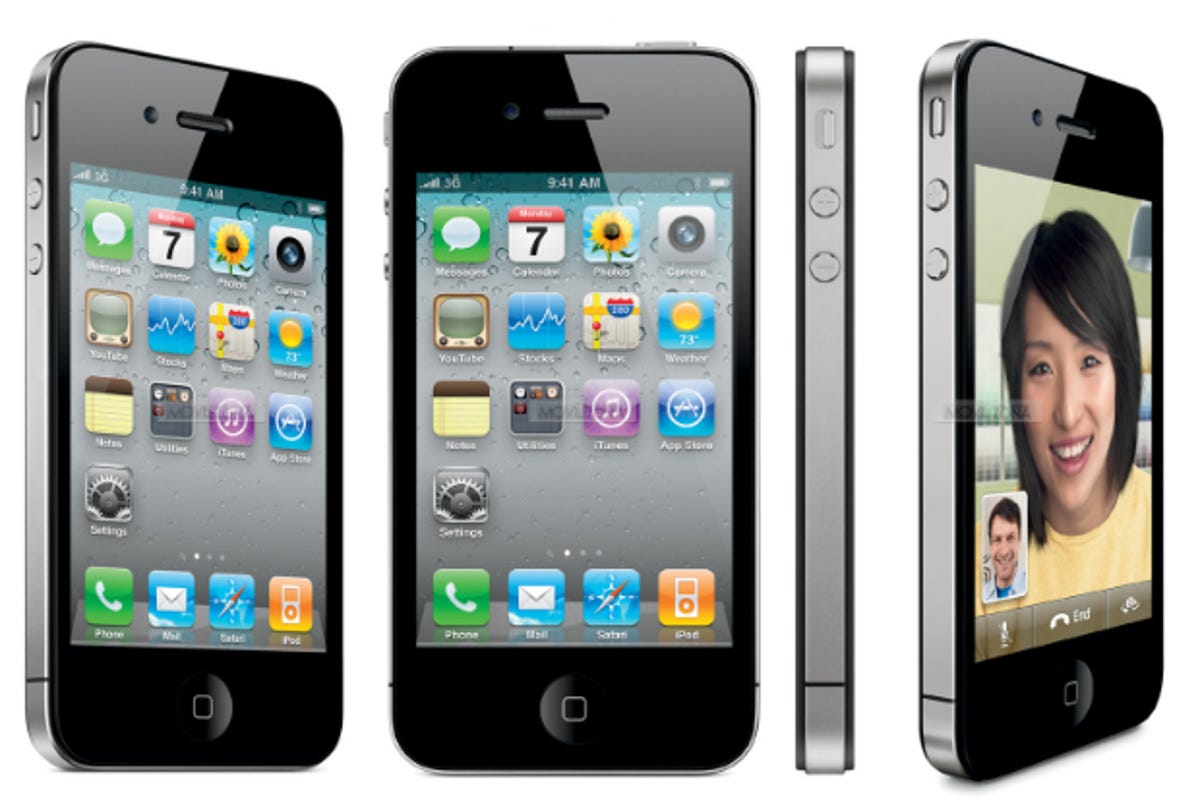
Apple’s new subscription billing for iPhone and iPad apps allow developers and publishers to charge recurring subscriptions for magazine, newspaper, video and music apps. The system, launched yesterday, is already controversial, however, with music service Rhapsody saying Apple’s 30 per cent cut of subscription payments will make music services “economically untenable”.
The subscription billing was used first by US news app The Daily, which launched a few weeks ago. Now it’s available to all developers. Here’s how it works: apps can now charge you a weekly, monthly, bi-monthly, quarterly, bi-yearly or yearly subscription. Subscriptions automatically renew, but you’ll be able to cancel this at any time from your iTunes personal account page.
Apple will take a 30 per cent share of all subscription payments — the same cut it takes from sales of paid apps and in-app purchases. Alongside the new subscriptions, however, come new rules for apps that charge you directly outside the App Store, such as Amazon’s Kindle ebooks app or Spotify’s music service.
Apple CEO Steve Jobs outlined the changes in a statement. “Our philosophy is simple — when Apple brings a new
subscriber to the app, Apple earns a 30 per cent share; when the
publisher brings an existing or new subscriber to the app, the publisher
keeps 100 per cent and Apple earns nothing.”
Wait, there’s one more thing. “All we require is that, if a publisher is making a subscription
offer outside of the app, the same (or better) offer be made inside the
app, so that customers can easily subscribe with one click, right in the
app.” The new rules also explicitly state that apps cannot send users to an external website to buy content or subscriptions outside Apple’s system.
Here’s what this means in practice. Subscription music service Spotify, for example, currently charges people £9.99 a month on their credit cards to use its mobile app. It can still do that, but once Apple’s new rules kick in, it will also have to offer a £9.99-or-cheaper subscription as an in-app purchase, which is when Apple will take 30 per cent of the dosh. Meanwhile, an app such as Amazon’s Kindle can no longer sell you ebooks without using Apple’s payment system.
US music service Rhapsody is the first company to come out swinging against the new system. “An Apple-imposed arrangement that requires us to pay 30 per cent of our
revenue to Apple, in addition to content fees that we pay to the music
labels, publishers and artists, is economically untenable,” it said in a statement.
“The bottom line is we would not be able to offer our service through the
iTunes store if subjected to Apple’s 30 per cent monthly fee versus a
typical 2.5 per cent credit card fee.”
What does this mean for you, though? On the plus side, Apple’s new subscriptions will be simple and quick, and equally easy to cancel if you tire of an app’s content. They could also spur new and innovative apps, following in the footsteps of The Daily.
Judging by Rhapsody’s reaction, however — with other services expected to protest publicly later today — there’s a danger that Apple’s new rules could drive some of these services from the App Store. A scenario in which Amazon, Spotify, Rhapsody and others abandon iOS, leaving Apple’s own ebooks and music services to dominate would not be good news for iOS users.
It’s early days though. Can these companies make the numbers add up for their subscriptions even with Apple taking a 30 per cent share? Will regulatory authorities get involved — particularly in the US — as is already being suggested by the Wall Street Journal? Will the services switch to Web-based apps accessed via the Safari browser to get around Apple’s new rules — but sacrifice features in doing so?
Apple’s new rules are provoking more questions than answers at the moment, but keep it Crave for more on this as it happens.



